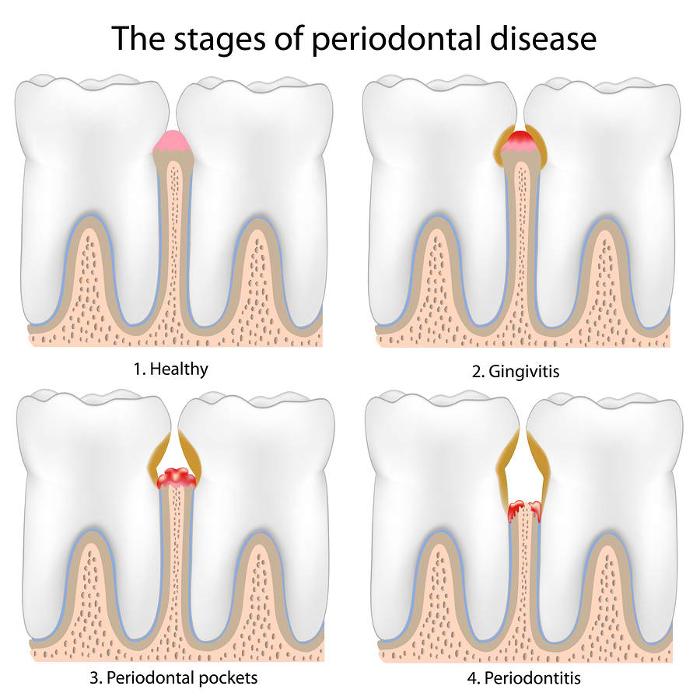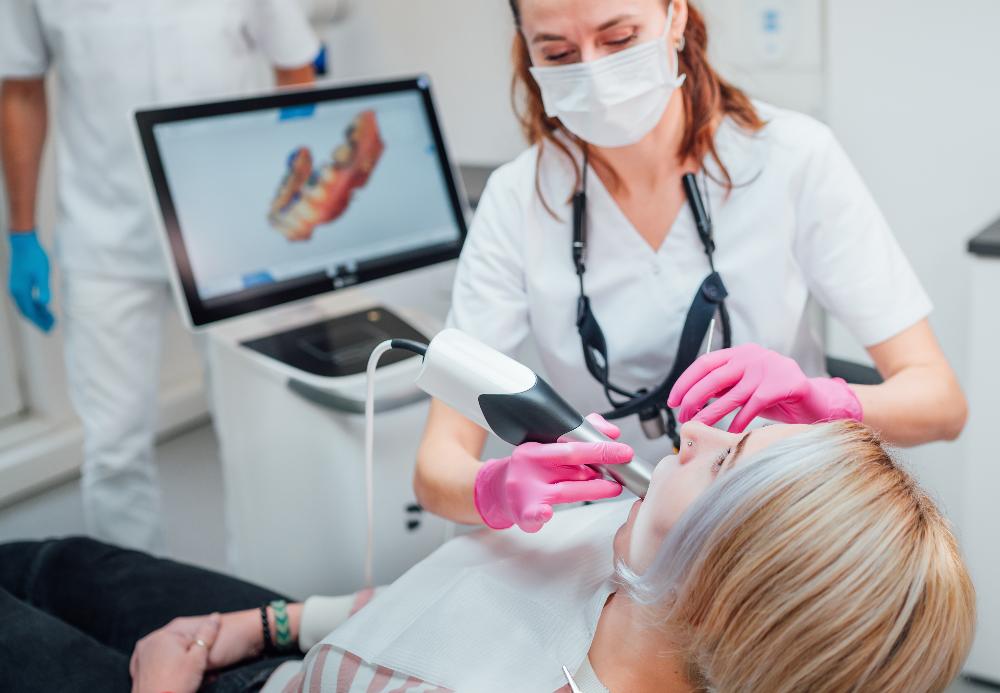The best way to avoid unpleasant dental issues is to take steps to prevent the problem in the first place. Preventive dentistry is caring for your teeth to keep them healthy. There are many ways to look after your teeth, both with your dentist and at home. We want our patients to have the best dental health, so we will help you look after your teeth with regular appointments and lots of dental care information.
Keeping your teeth healthy can help you avoid dental problems, such as gum disease, cavities, tooth decay, enamel wear, bad breath, tooth loss and more. Looking after your teeth will prevent stressful dental procedures and will save you money.
Not only that, but you can stop common conditions in their tracks. If you or your dentist spot any signs of gum disease, preventive measures can be taken to reverse the problem so you can have healthier teeth and gums than ever before.
Oral Exam – An oral exam will allow the dentist to spot any issues or early signs of dental problems. An exam can spot tooth decay and more and will also give you peace of mind that your oral health is at its best.
X-Rays – X rays are another detection tool. This will give the dentist a more in-depth view of your dental health.
Teeth Cleaning – Teeth cleaning can help prevent cavities and gum disease. If you haven’t had a clean for a long time, you may need more than one clean and be referred to a hygienist.
Hygienists – A hygienist takes charge of cleaning your teeth. You may need more than one visit. Getting your teeth cleaned will help solve and prevent gum disease and more.
If you have any concerns about your dental health, feel free to reach out. We can provide preventive information, and you can make a dental appointment to get your teeth checked and treated quickly.


 and lungs. Fortunately, you and your Harris Park dentist can catch
and lungs. Fortunately, you and your Harris Park dentist can catch  Parramatta may be a suitable solution.
Parramatta may be a suitable solution. 


